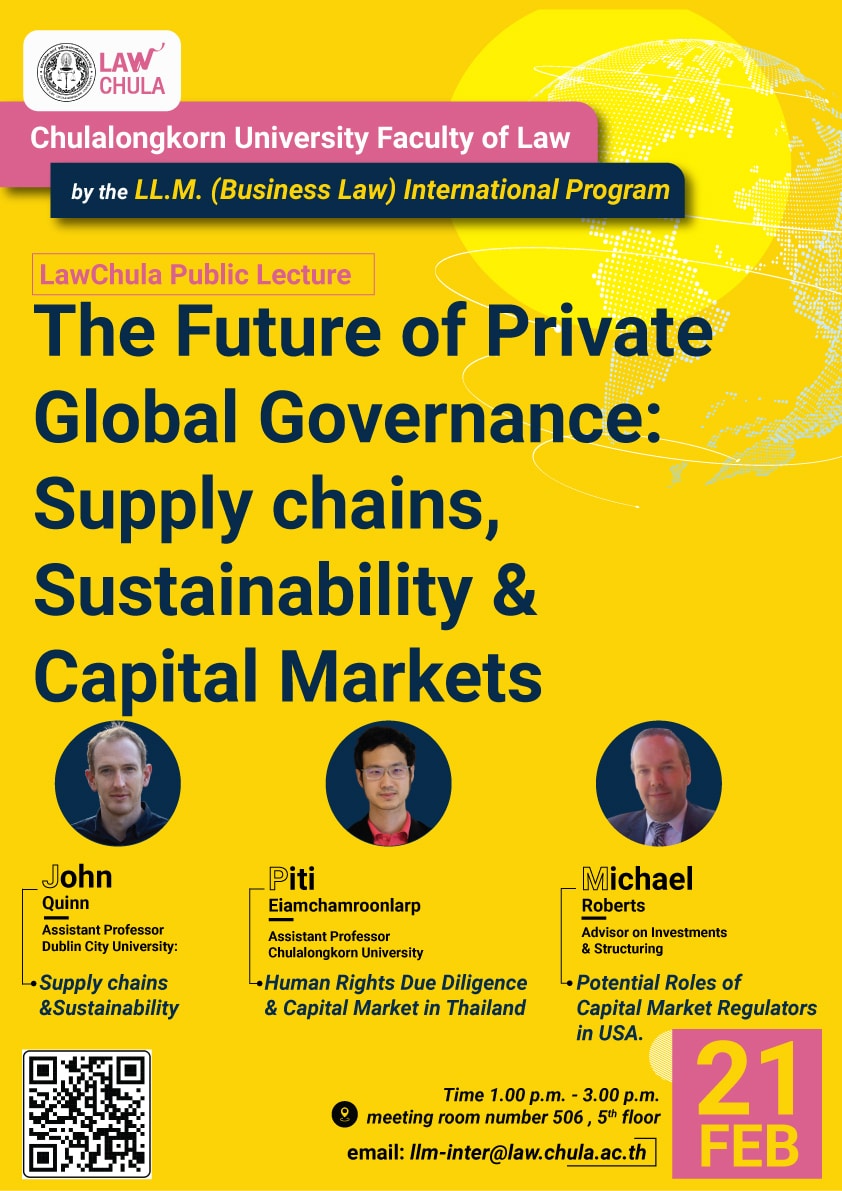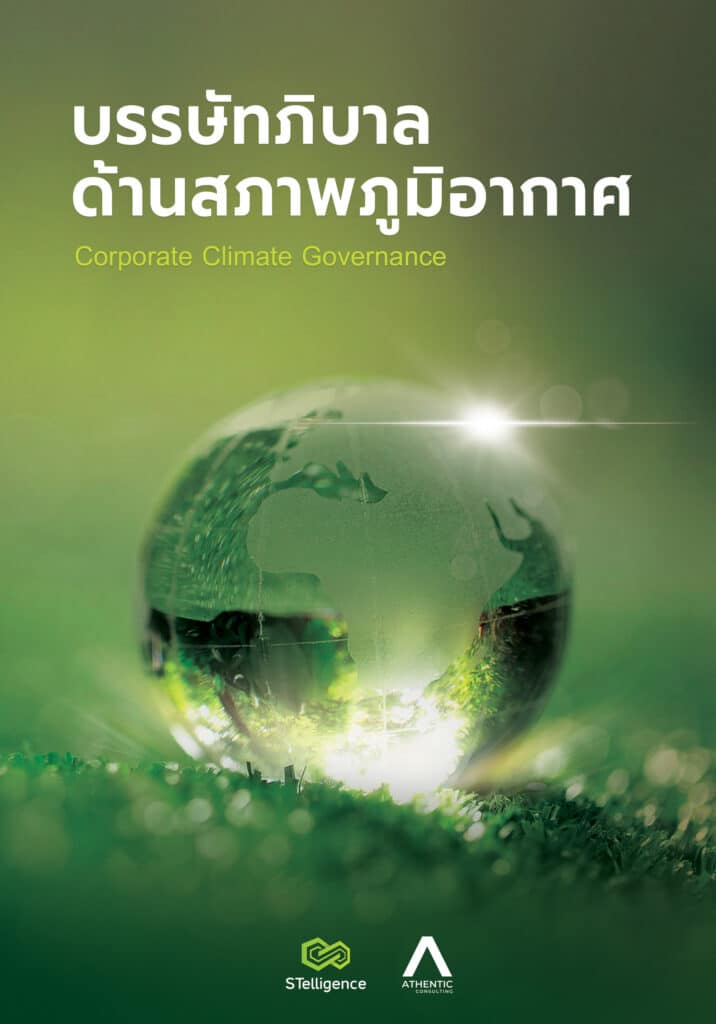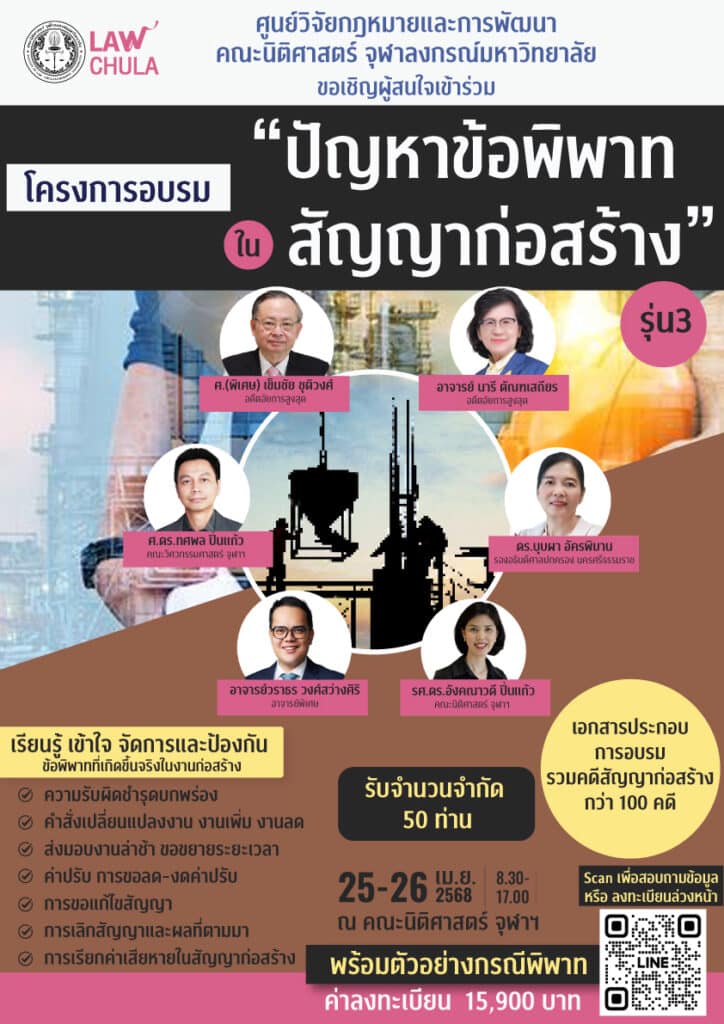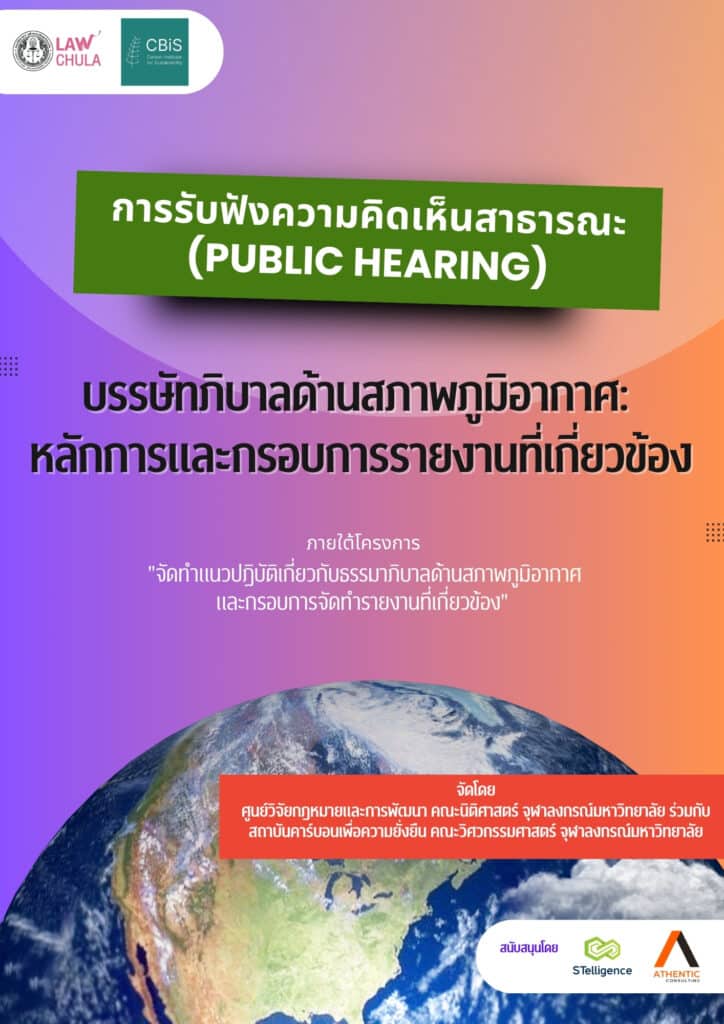The Future of Private Global Governance: Supply chains, Sustainability and Capital Markets
Seminar at Chulalongkorn University Faculty of Law
21st February 2023
The classic understanding of governance and regulation is as a system of public rules imposed by the state. However, many large systems operate largely beyond the state, governed instead by private mechanisms like codes of conduct, contracts and private dispute resolution. In the modern globalised and connected world, where companies have amassed great size and power, many privately organised systems have a major impact on social life – often benefitting society but sometimes resulting in social costs. Hence, how these systems function has become increasingly important for lawyers. This seminar will explore modern issues in global private governance from an international perspective, focusing on recent and potential future developments in the field.
John Quinn, Assistant Professor at Dublin City University:
Supply chains and Sustainability
Global supply chains are a system where a lead company regulates a long chain of contracts between multiple companies spread across the world. The lead company often creates sophisticated codes of conduct to fulfil a variety of governance functions applied to the entire chain, from the procurement of raw materials to manufacturing to delivery of finished products to customers. This contractual governance regime affects the lives of millions of people who directly work in supply chains, and many more millions who are indirectly affected. While contributing to a globalised world, providing employment and reducing costs of production, supply chains have also resulted in harms, ranging from human rights abuses of workers to environmental damage. Classic legal models contract, tort and company law have struggled to transfer accountability up the chain when such harms occur, resulting in an accountability gap. This difficulty has caused the EU to examine supply chains, resulting in a proposed Directive on Corporate Sustainability Due Diligence. The Directive requires lead firms to identify actual or potential adverse human rights and environmental impacts throughout their supply chain and to take steps to mitigate or end those impacts. This paper will analyse the legal problems created by the supply chain governance system and analyses the potential affects of the Directive.
Piti Eiamchamroonlarp, Assistant Professor at Chulalongkorn University:
Human Rights Due Diligence and Capital Market in Thailand
The Stock Exchange and Exchange Commission of Thailand (SEC) has continuously encouraged listed companies and business undertakings on the stock exchange market of Thailand to “apply” the UN Guideline Principles on Business and Human Rights (UNGPs) as well as to “voluntarily carry out” Human Rights Due Diligence: (HRDD) for a risk management purpose. This paper analyses that the HRDD process can help companies listed on the Thai stock exchange market to mitigate risks associated with human rights violation and climate change risks. Interestingly, this process can simultaneously support these business undertakings to sustainably supply their goods to EU and US markets which have less demand for “unsustainable” products. The paper places This paper places its focus on how a gemstone manufacturer having its operation in Thailand, acquiring raw materials from African-based mining companies, and supplying the finished goods to customers in EU and US markets, can exercise its freedom of contract to prevent human rights violation and ensure sustainability throughout its supply chain.
Michael Roberts
Potential Roles of Capital Market Regulators in the United States of America
This part concerns the case for a derivatives exchange in Thailand and the reason that the derivatives markets in the US and EU are pivotal in trade. This paper presents how self-regulatory organizations (SROs) have proven to be core to a successful derivatives trade platform, that in turn induces volatility and thereby attracts investment. As examples, the paper discusses potential roles of the Commodities Futures Trade Commission (CFTC) and possibly the Chicago Board Options Exchange (CBOE) in ensuring global governance and global supply chains.
